January 20, 2020
Six ways we are all connected to the ocean
Estimated reading time: 0 minutes
BY: Rachelle Naddaf
Topics:
Canada has the longest coastline in the world, connecting us to three of the world’s five oceans: the Pacific, Arctic and Atlantic. Whether you live near or far from the shore, we are all inextricably linked to the ocean. Here are just a few of the ways oceans connect Canadians from coast to coast, and everywhere in between.
1. Oceans set the thermostat
Earth is a big blue planet. Oceans cover more than 70 per cent of its surface and play a major role in regulating the weather and climate. They help keep our planet habitable by absorbing heat from the sun and circulating this heat around the globe through currents. These currents act as a giant conveyor belt, carrying warm water from the equator towards the poles and cold water from the poles back to the tropics. Additionally, as ocean water is heated by the sun, it evaporates and forms water vapour in the atmosphere. As this vapour builds up, it forms clouds, rain and storm systems that are carried by trade winds around the globe. In fact, almost all rain and other precipitation that falls on land originates from the ocean. So no matter where on Earth you are, you can thank the oceans for the weather!
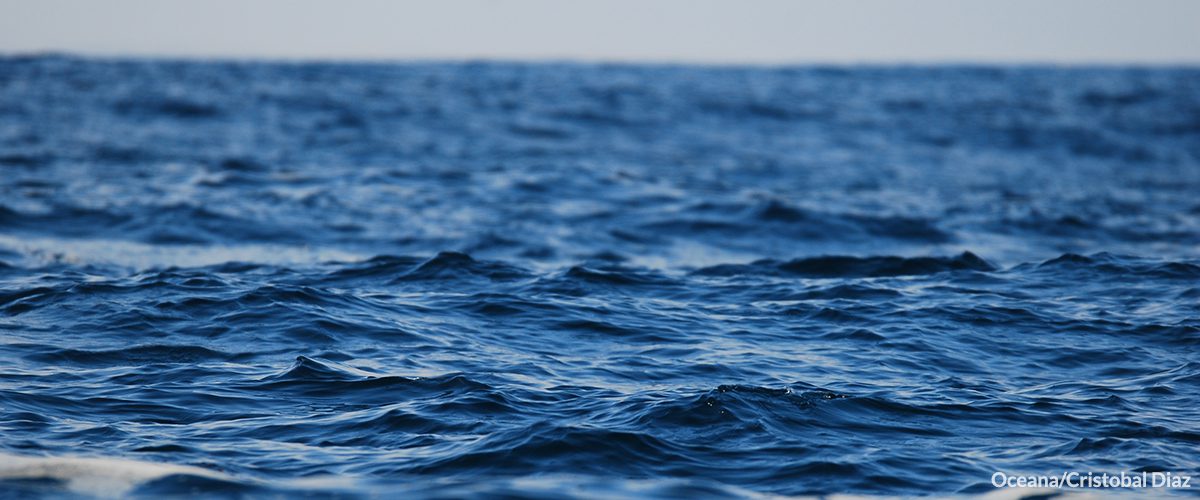
2. Oceans feed the world
Wild ocean fish account for eight per cent of all animal protein consumed by humans. In Canada, we not only eat seafood ourselves but we also contribute to feeding others. In 2018, Canada’s seafood industry exported $6.9 billion in fish and seafood products and employed almost 80,000 people. Eating wild fish is good for our health and the health of the planet. Studies have found that switching from red meat to seafood reduces the risk of heart disease, cancer and diabetes. Compared to land-based agriculture, wild fisheries produce only modest amounts of greenhouse gas and require virtually no fresh water or arable land. No matter where you live, what ends up on your plate, in your cosmetics, pet food and so much more often comes from the sea and drives the economies of coastal communities.
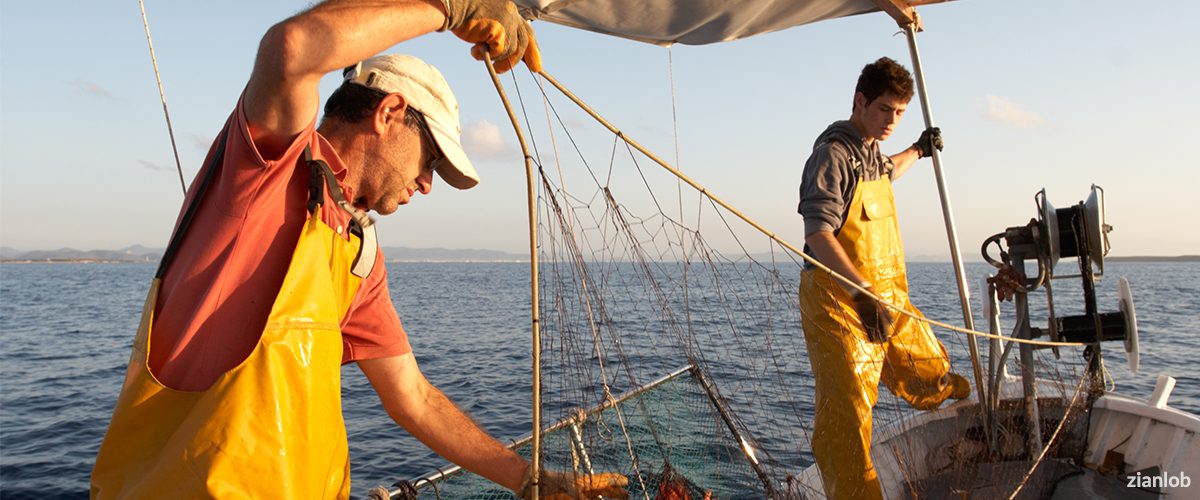
3. Oceans are connected to our entire water supply
The water that we use every day and the waterbodies in our communities connect us to the oceans. All water eventually flows out to the oceans and here in Canada there are five drainage pathways, called watersheds. Water from west of the Rocky Mountains flows out to the Pacific Ocean. To the north and east of the Rocky Mountains, water flows into the Mackenzie River basin and out into the Arctic Ocean. From most of central Canada, water flows through the Hudson Bay drainage basin out into the Arctic and northern Atlantic oceans. Water from the Great Lakes area and the rest of eastern Canada flows out into the Atlantic Ocean. Finally, a small portion of water in the southernmost part of Alberta and Saskatchewan drains into the Gulf of Mexico. Human activities far from the coast can affect the oceans. From plastic pollution flowing through rivers to fertilizers and pesticides from agricultural activities, everything we do that impacts freshwater environments also has the ability to impact our oceans.
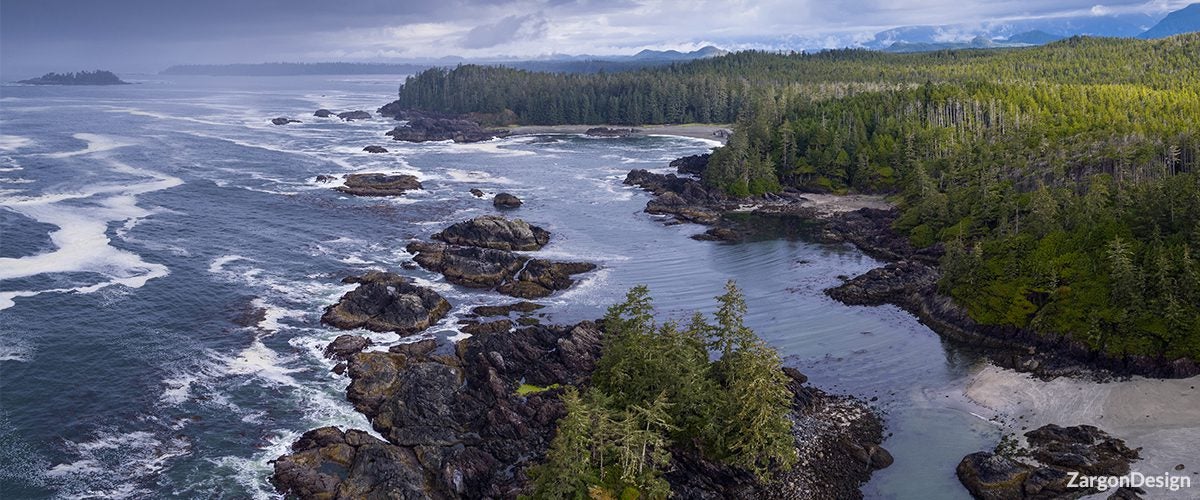
4. Oceans are a transportation hub
Our coasts and port cities are also important gateways to and from Canada for international trade and immigration. We all rely on items that come into port cities; from toilet paper to avocados to your favourite ball cap. In this way, oceans play a key role in providing shipping routes and allowing societies to thrive and be interconnected.
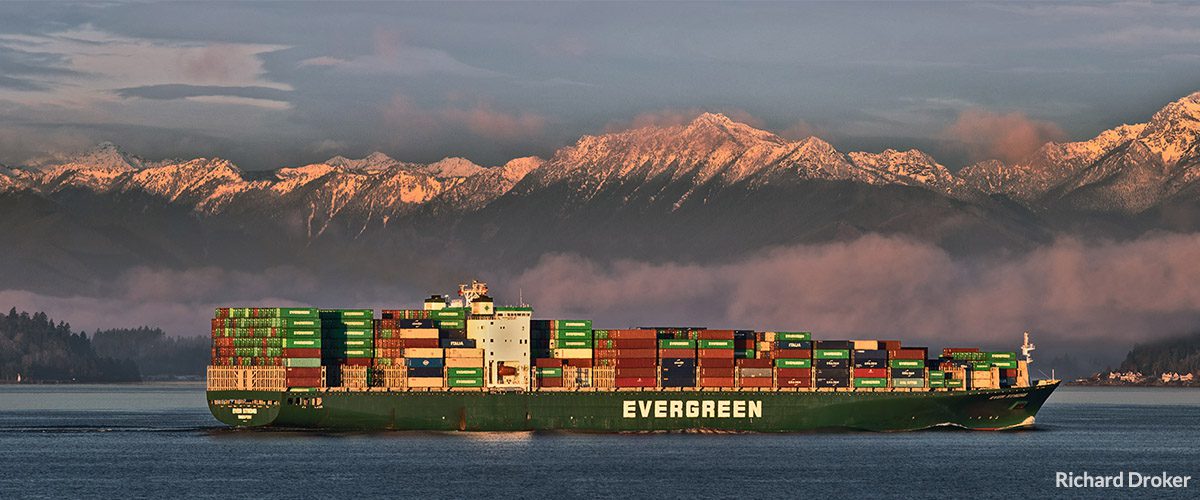
5. Oceans are a playground for tourists
Have you ever been or wanted to go whale watching? Surfing? Sailing? What about ice fishing? You may have already guessed it, but our oceans also play an important role for tourism and recreation here in Canada. The ocean tourism sector contributes more than $4.2 billion in GDP to the Canadian economy and employs more than 90,000 people annually across the country. So, next time you’re on the coast, be sure to grab a pair of fins, rent a kayak or hop on a tour boat to support Canada’s ocean tourism.
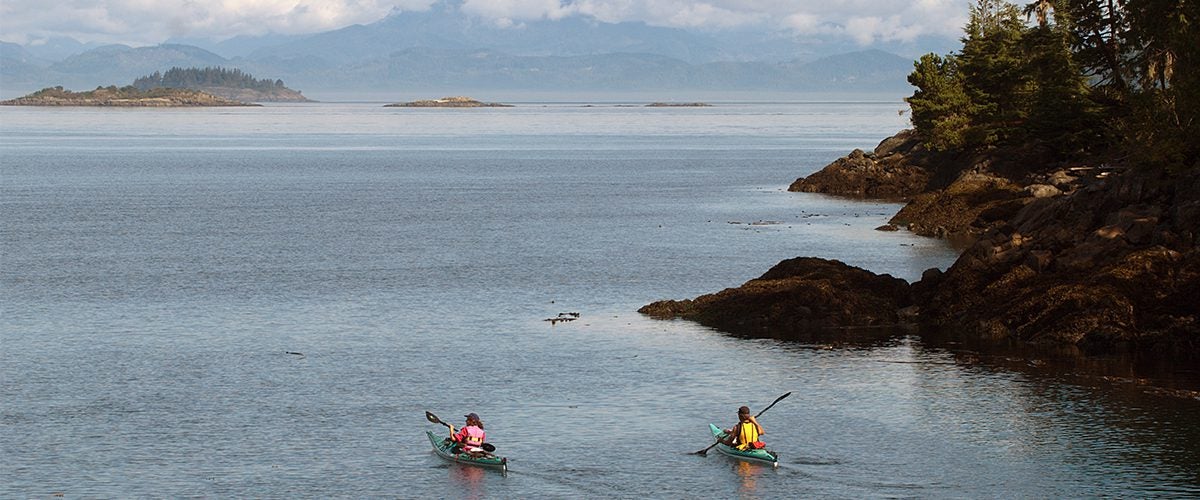
6. Oceans are enriching
Many people feel something special when they spend time near the ocean, whether they’re swimming or just soaking up the salty breeze at the beach. Our oceans have incredible inherent value that enriches our cultural and spiritual practices. The oceans are home to many marine species that are inspiring and fascinating, and we still have so much to learn about this underwater world.

As an ocean nation, Canada has a responsibility to be a good ocean steward and responsibly manage our incredible marine ecosystems. That is why Oceana Canada is working to restore Canada’s oceans to be as rich, healthy and abundant as they once were. Join us today. Sign up to become a Wavemaker and support our campaigns to protect habitat, rebuild ocean abundance, stop seafood fraud, end single-use plastic pollution and protect North Atlantic right whales.

